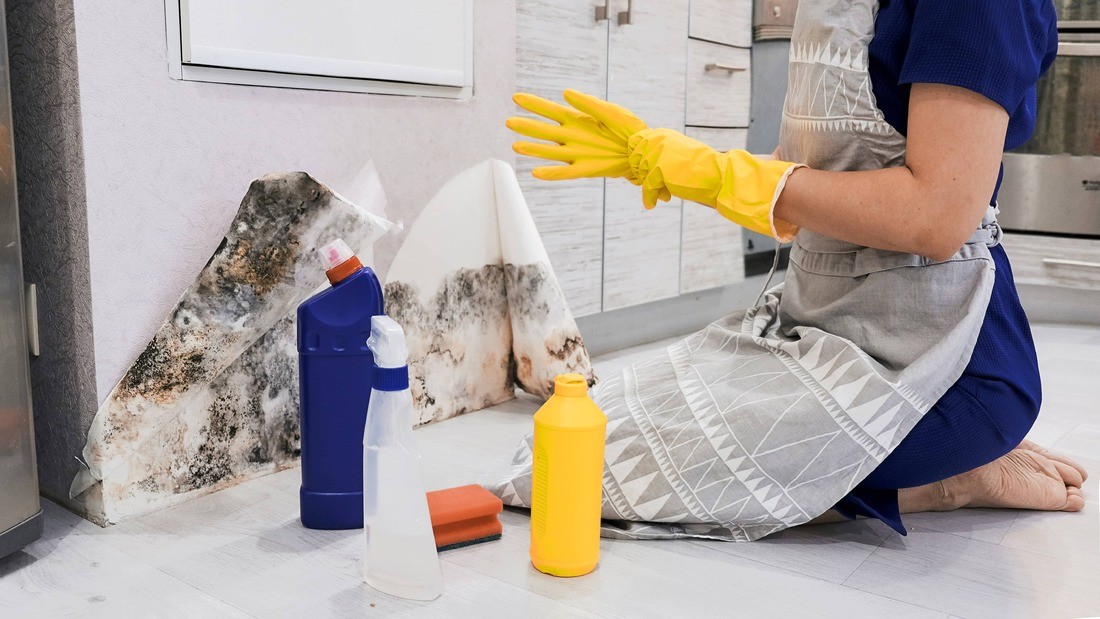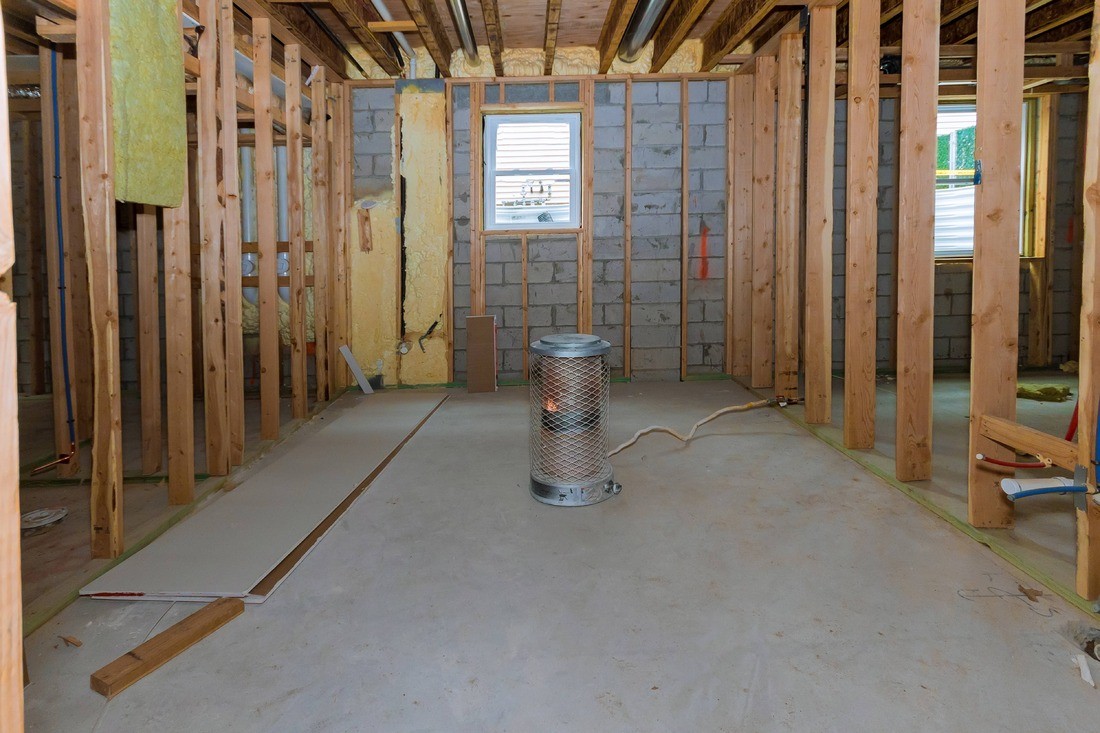
Introduction
Musty odors in a water-damaged basement can be a persistent and unpleasant issue. The presence of these odors often indicates the presence of mold, mildew, or other fungal growth in the basement. In addition to being unpleasant, these odors can also pose health risks to individuals living in the home. This comprehensive guide will explore the causes of musty odors in water-damaged basements and provide detailed steps to effectively remove them.
Causes of Musty Odors in Water-Damaged Basements
Musty odors in water-damaged basements can have several underlying causes. Understanding these causes is essential for effectively eliminating the odors:
1. Water Intrusion
The primary cause of musty odors in water-damaged basements is water intrusion. This can occur due to various reasons such as heavy rain, plumbing leaks, or basement flooding. When excess moisture and water are present in the basement, it creates an ideal environment for mold and mildew to grow.

2. Mold and Mildew Growth
Mold and mildew thrive in damp environments, and a water-damaged basement provides the perfect conditions for their growth. These fungi release volatile organic compounds (VOCs) that produce the characteristic musty odor. The presence of mold or mildew is often accompanied by visible signs such as discoloration, dark spots, or a fuzzy texture on surfaces.
3. Poor Ventilation
Inadequate ventilation in the basement can contribute to the accumulation of moisture and the development of musty odors. Without proper airflow, damp air becomes stagnant and promotes fungal growth. Basements with limited windows or ventilation systems are particularly susceptible to musty odors.
Removing Musty Odors from Water-Damaged Basements
Once the cause of the musty odor has been identified, it’s crucial to take prompt action to remove the odor and address the underlying issue. Here are the steps to effectively eliminate musty odors from water-damaged basements:
1. Identify and Fix the Source of Water Intrusion
Before addressing the odor, it’s essential to identify and fix the source of water intrusion. This may involve repairing plumbing leaks, improving drainage systems, or sealing cracks in the foundation. By preventing further water damage, you can eliminate the conditions that promote mold and mildew growth.
2. Dry Out the Basement
To eliminate musty odors, it’s crucial to dry out the basement completely. Use fans, dehumidifiers, and open windows to increase air circulation and remove excess moisture. Remove any wet or damaged materials, including carpets, furniture, and insulation. Proper drying is essential to prevent mold and mildew from spreading further.

3. Clean Mold and Mildew Infestations
If mold or mildew growth is visible in the basement, it’s important to clean it thoroughly. Wear personal protective equipment, such as gloves and a mask, to avoid exposure to mold spores. Use a solution of water and detergent or a commercial mold cleaner to scrub the affected surfaces. Ensure proper ventilation during the cleaning process.
4. Use Odor Eliminators
To tackle the lingering musty odor, use odor eliminators specifically designed for mold and mildew. These products help neutralize the odor-causing compounds and provide a fresh scent. Additionally, you can place bowls of activated charcoal or baking soda in the basement to absorb excess moisture and odors.
5. Improve Ventilation and Airflow
Enhancing ventilation in the basement is crucial to prevent musty odors from recurring. Install exhaust fans or dehumidifiers to remove excess moisture from the air. If possible, open windows regularly to allow fresh air to circulate in the space. Consider adding vents or an air purifier to improve air quality.
6. Implement Preventive Measures
To prevent future musty odors and water damage in the basement, implement preventive measures. These may include regular inspections for leaks, maintaining proper drainage around the foundation, and sealing any cracks or gaps. Consider waterproofing the basement to create a moisture-resistant barrier.
Relevant Statistics and Facts
- According to the EPA, mold and mildew growth can occur within 24 to 48 hours of water damage in a basement.
- A study by the National Association of Realtors found that water damage is one of the most common concerns for homeowners, with 37% experiencing moisture or flooding in their basement.
- The CDC states that exposure to mold and dampness in indoor environments can cause respiratory symptoms, allergies, and asthma in susceptible individuals.
Frequently Asked Questions (FAQs)
What should I do if my basement has a musty odor?
Can I remove musty odors from a water-damaged basement on my own?
How can I prevent musty odors in my basement?
Dealing with musty odors in a water-damaged basement requires prompt action and thorough remediation. By understanding the causes and following the steps outlined in this guide, you can effectively eliminate musty odors and create a clean and healthy living environment.
Contact Service Water Restoration Pros at 949-209-1582 for professional assistance with basement water damage restoration.


